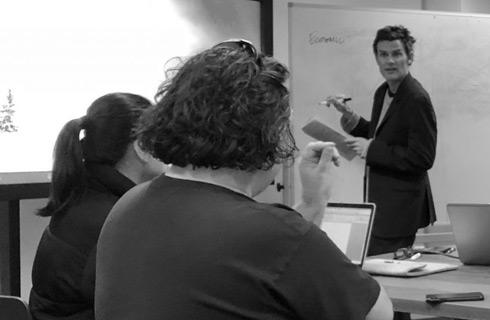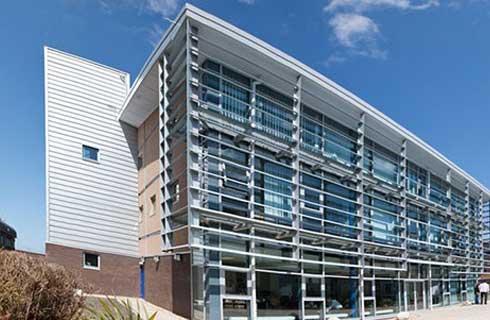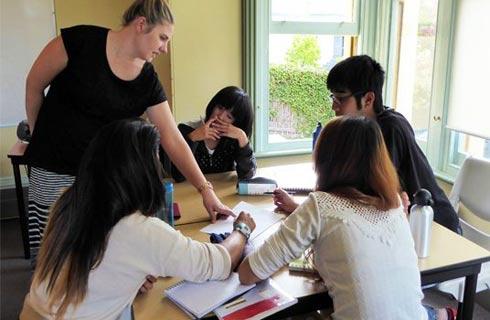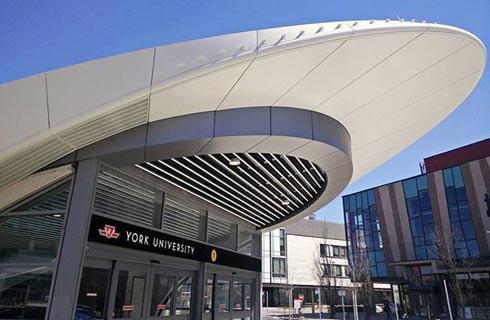
学历文凭
Masters Degree (Coursework)

专业院系
公共卫生

开学时间

课程时长

课程学费

国际学生入学条件
IDP—雅思考试联合主办方

雅思考试总分
0
了解更多
- 雅思总分:0
- 托福网考总分:0
- 托福笔试总分:0
- 其他语言考试:
课程简介
The program will appeal to those who want to move into the field of public health, as well as those who already work within a public health or health related field and are preparing for advancement in their organisation or field, or seeking to broaden their knowledge and skill set. Within the course students are exposed to the core foundations of public health theory and practice and also have the opportunity to specialise in the advanced public health training specialisations offered through the University of Melbourne. The Master of Public Health programs at the University of Melbourne are delivered by academic staff with extensive experience and depth of knowledge, who are leaders in their chosen fields of public health. The core component includes up to six subjects that provide students with a rigorous, multidisciplinary foundation in public health theory and practice, that is essential to all aspects of public health practice.After completing subjects within this specialisation, students will be trained to design epidemiological studies and appraise epidemiological literature. Students will also develop a broad understanding and sound practical skills in biostatistics that will enable them to analyse and appropriately interpret epidemiological data. Depending on which electives are taken, students will develop skills in reporting the results of epidemiological studies, performing systematic reviews of epidemiological literature, including meta-analysis, and in specialised areas such as genetic epidemiology and the epidemiology of infectious diseases. Students taking subjects from this specialisation will train to work in the field of health and public health research. On graduation they will be ready to contribute to the improvement of population health through quantitative research and discovery. At graduation students will be able to develop and conduct health research and be able to analyse data from health research projects and routine data collections. Additionally, students will discover ‘contemporary’ epidemiological thinking and skills, and upon graduation will become frontrunners in this emerging area. The skills developed in this stream could be applied to many different fields in public and clinical health research, including but not limited to, mental health, sexual health, infectious diseases, and non-communicable disease prevention and management, health service improvement. Such skills can be applied in an Australian or international setting. Possible roles in the field of epidemiology and biostatistics include epidemiologist, health data analyst, research assistant, research fellow and PhD student. Organisations that employ people in the epidemiology and biostatistics field include national, regional, stateprovincial governments; large health care services providers; research institutions, and academic institutions.
相关申请

预科

奖学金

实习机会

在校学习

跨境学习

校园授课-线上开始

在线/远程学习
学校排名
世界排名
32
数据源:泰晤士高等教育世界大学排名
关于墨尔本大学

墨尔本大学拥有独特的学习环境,拥有一系列专门为实现突破性发现而设计的可持续设施和校区。 该大学的研究和教育旨在解决当前现实世界的社会问题,重点关注关键的全球问题。该大学的研究网络支持澳大利亚和国际舞台上的尖端发现。 墨尔本历史悠久的帕克维尔校区位于三个全球公认的创新区的中心,该大学的八个专业校区提供生命科学和农业方面的沉浸式教育。 墨尔本的学生为未来在产业界和学术界的职业成功做好了充分的准备。墨尔本有太多值得体验的地方。 搬到这座城市的学生可以确信,他们将在澳大利亚的文化、美食和体育之都留下终生难忘的回忆。 墨尔本一直被经济学人智库评为世界上最宜居的城市之一。 人均咖啡馆、酒吧和餐馆的数量比世界上任何其他城市都多。 这意味着学生有很多地方可以与朋友见面、放松身心并吸收墨尔本独特的文化。墨尔本大学确保学生快速在这座城市安顿下来。 该大学为首次前往澳大利亚的学生提供量身定制的帮助。 大学设有专门的学生生活计划,以确保国际学生在当地文化和大学社区中感到宾至如归、与社区互动并茁壮成长。 该大学拥有世界上文化最多元化的学生群体之一,欢迎来自全球 160 多个国家/地区的国际学生。 墨尔本卓越的支持服务为学生在大学期间提供帮助,并为所有学生提供服务,即使他们毕业后也是如此。
本校相关课程






其他相关课程

索尔福德大学


伦敦国王学院


悉尼新南威尔士大学


阳光海岸大学


伍伦贡大学


悉尼新南威尔士大学




